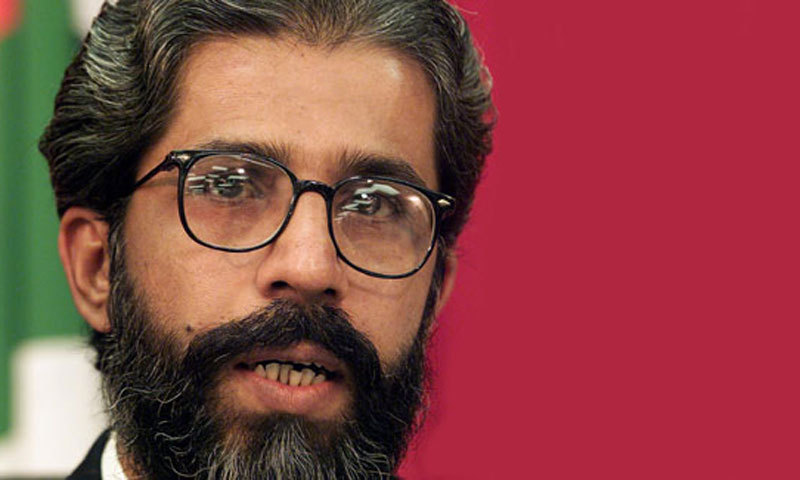ISLAMABAD: The Federal Investigation Agency (FIA) has informed an anti-terrorism court (ATC) that the United Kingdom is ready to share evidence in the Imran Farooq murder case provided the accused is not be given the death penalty in case of conviction.
The FIA’s special prosecutor, Khawaja Imtiaz, told the ATC that the UK Central Authority, in response to correspondence related to sharing of evidence in the murder case of Muttahida Qaumi Movement leader Dr Imran Farooq, said that the European laws did not permit sharing of evidence with a country where the offence was punishable by death.
He added that the UK government had asked Pakistan to give assurance that the convict would not be given death sentence on the basis of the evidence related to the murder.
European laws don’t permit providing evidence to a country where the offence is punishable by death, court told
Mr Imtiaz, while talking to Dawn, said that the Pakistani government had replied to the UK Central Authority that the matter was under consideration and for this particular case, the law might be amended or the presidential pardon might be invoked to change death sentence to life imprisonment. However, he said, the top law office would have a final say in this matter.
Earlier this month, the prosecutor told the court that UK authorities were willing to share evidence and had emailed to the attorney general office of Pakistan, expressing willingness to provide evidence which might be used against the suspects facing trial in the murder case.
The Islamabad High Court last year directed the ATC to conclude the trial by October 2018.
The FIA, on the other hand, was seeking time from the trial court to produce evidence which it was expecting to get from the UK under the mutual legal assistance (MLA) request.
Initially, the UK authorities did not respond to Pakistan’s request for the MLA.
Two suspects in the case — Khalid Shamim and Syed Mohsin Ali — have recorded their confessional statements before the magistrate, saying that Dr Farooq was killed because he was a “potent threat to the leadership of the MQM”. However, recently, these suspects have backtracked from their confessional statement, saying that they recorded the previous statement under coercion.
Another suspect, Moazzam Ali, has not yet recorded his confessional statement in the case.
Dr Farooq, a senior leader of the MQM, was murdered outside his home in London in 2010.
Published in Dawn, June 1st, 2019














































